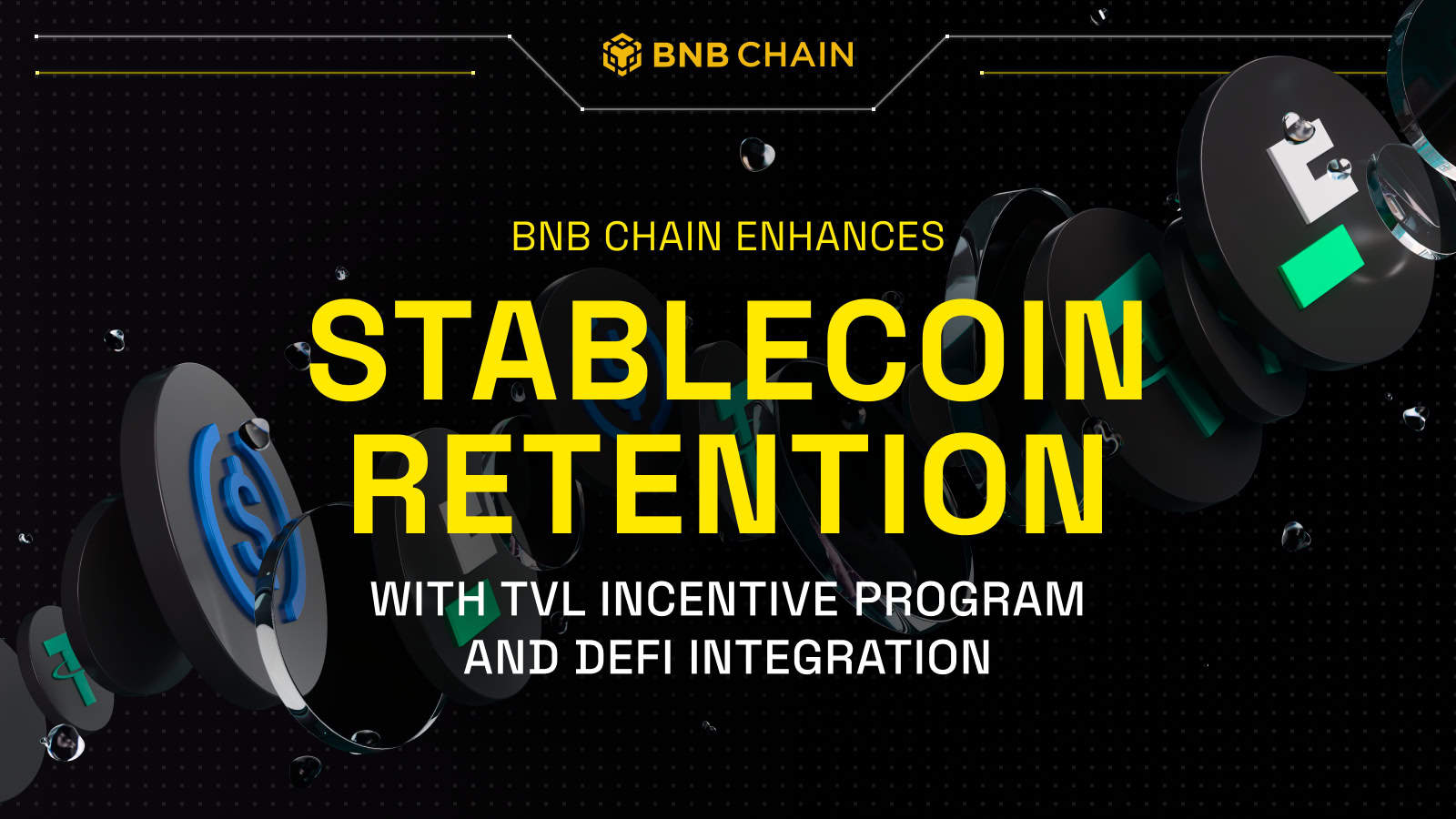ARTICLE AD BOX
Rebeca Moen Oct 26, 2024 09:32
Proposer-Builder Separation (PBS) aims to mitigate validator centralization in blockchain, yet it may lead to builder centralization. Discover insights from Agostino Capponi's research.

Proposer-Builder Separation and Blockchain Dynamics
In the evolving landscape of blockchain technology, the concept of Proposer-Builder Separation (PBS) has emerged as a potential solution to reduce centralization among validators. This framework, introduced by Ethereum, seeks to create a competitive market by decoupling the roles of block proposing and block building. By doing so, it allows builders to create blocks and bid fees to validators for their inclusion in the blockchain. According to a16z crypto, this approach aims to enhance decentralization by giving validators an option to accept blocks from the highest-bidding builders, irrespective of their size.
Challenges of Centralization in Blockchain
Despite PBS's potential to mitigate validator centralization, Agostino Capponi from Columbia University highlights an emerging centralization trend within the builders' market. Builders with advanced internal search capabilities gain a competitive edge, allowing them to capture order flows at reduced costs and dominate the block-building arena. This phenomenon, described as a "Proof-Of-MEV" paradigm, suggests that the ability to efficiently capture and utilize extractable value is becoming crucial in constructing valuable blocks.
Insights from Agostino Capponi
Agostino Capponi, a Professor at Columbia University and director of the Columbia Center for Digital Finance and Technology, has extensively researched financial technology and market microstructure. His work, funded by prominent agencies like NSF and the Ethereum Foundation, delves into the intricacies of blockchain dynamics and the implications of PBS. Capponi's contributions to the field have been recognized with awards such as the 2018 NSF CAREER award and the JP Morgan AI Research Faculty award.
About a16z Crypto Research
a16z crypto research operates as a multidisciplinary lab, collaborating with portfolio companies to address significant challenges in the blockchain space. Their efforts focus on advancing the science and technology of the next-generation internet, contributing to the broader understanding and development of decentralized systems.
Image source: Shutterstock










 English (US) ·
English (US) ·